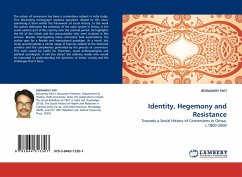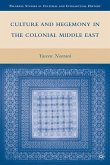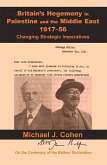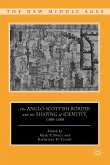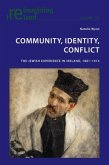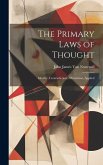The notion of conversion has been a contentious subject in India today. This fascinating monograph explores questions related to this issue, examining it from within the framework of social History. In this work the author delineates the evolution of the caste system in Orissa, in the south eastern part of the country over the colonial period. He highlights the life of the tribals and the untouchables who were involved in this process. Besides interrogating many commonly held assumptions, the author opts for a flexible and interactional paradigm. As a result, this study accommodates a whole range of features related to the historical contexts and the complexities generated by the process of conversion. This work would be useful for historians, social anthropologists and political sociologists. It will also attract the ordinary reader who would be interested in understanding the dynamics of Indian society and the challenges that it faces.
Bitte wählen Sie Ihr Anliegen aus.
Rechnungen
Retourenschein anfordern
Bestellstatus
Storno

